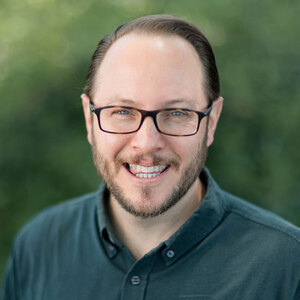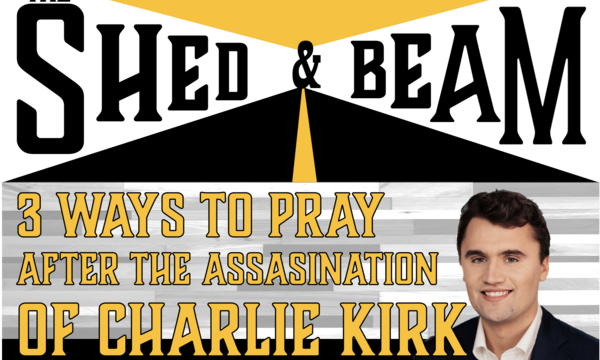When talking about desert spirituality, John Cassian’s Conferences must be a key resource. In Cassian’s work, we find him and his friend Germanus interviewing eastern monks about the spiritual life. In it, we get a sense of the wisdom of Christian spirituality that often differs from what folks assume about the desert monastic tradition.
I don’t want to give a total overview of this work, which would be impossible given its size and breadth, but I do want to highlight some key impulses found there. For instance, getting to one of the major issues in the desert, we hear:
“we should know that, if we go off to the desert or to remote places with our vices not yet attended to, only their effects will be repressed, but the dispositions to them will not be extinguished.”
I often see this with people who go into ministry, or who find themselves surrounded by Christians in a new environment for a while. It appears, on the surface, that they have been transformed, and yet, as Cassian highlights here, there are hidden dispositions to their sin still lurking beneath the surface.
But there was another issue that Cassian takes head-on in his work, and it is one that was a major issue for the desert just as it is today for ministry. Cassian writes,
“And so, according to the opinion both of blessed Antony and of all the others, discretion was understood as that which would lead the fearless monk on a steady ascent to God and would always preserve the aforesaid virtues undamaged; as that with which the heights of perfection could be scaled with little weariness; and as that without which many of those who labor even with a good will would be unable to arrive at the summit. For discretion is the begetter, guardian and moderator of all virtues.”
Discretion, what we would often just call discernment, was at the heart of desert spirituality. Against this, young men would often journey out to the desert without discretion and do much harm to themselves. (Interestingly, this is the same issue for someone like Jonathan Edwards, looking back on his early spirituality and seeing how much of it was done in the flesh and how it did much damage to him.)
After Cassian writes this about Anthony and “all the others,” he turns to a negative example that had happened among them, writing, “recall what you lately saw happen with your own eyes.” He goes on to tell the story of a monk who had embraced a rigorous spiritual asceticism that was often lauded in the desert. But importantly, notice how Cassian narrates his error:
“After so many labors, then, how and why was he deluded by the tempter and did he fall very seriously, thereby striking all who were living in this desert with mournful sorrow? Was it not because he possessed little of the virtue of discretion and preferred to be governed by his own understanding of things rather than to obey the counsels and conferences of the brothers and the institutes of our forebears?”
Cassian goes on to narrate his inability to even feast for Easter with the brothers, a sign that he had embraced a spirituality of asceticism, rather than an asceticism for life with Christ. This is what I would call today the difference between Christian spiritual formation and what a lot of people just call spirituality. Spirituality is often unmoored from both Christian doctrine and from Christ himself; or, in other words, it seeks to use Christian things to get into something else called spirituality.
In Cassian’s understanding, this would be a sign of lacking discretion driven by pride, and therefore taking on a life of destruction while imaging oneself to be epitomizing Christian virtue and spirituality.
In one of my favorite stories Cassian tells, he talks of two brothers who lacked “prudent discretion.” When traveling across a vast desert, these brothers decided to eat no food at all other than what God would provide for them.
When they took this journey, a group of people called the Mazices - known for their cruelty - approached them to offer them bread. One of the brothers received it with joy and thanksgiving, accepting it through discretion as a gift from the Lord. The other refused because it came from the hand of a human being, and therefore, in his mind, was not from the Lord. This brother died of starvation, being revealed as a fool.
The desert fathers and mothers are full of wrestlings like this, which is what makes them so interesting. What does faith actually look like? How are we tempted to trust in our spiritual practices instead of the Lord? What is the true aim of our discipline?
These stories can help us wrestle through our own presuppositions about these things, and our own failure to have discretion by faith.
Kyle Strobel is the director of the Institute for Spiritual Formation at Talbot School of Theology, 51ÂÜŔň. His expertise is in Protestant spirituality, particularly in the Reformed tradition, including his work .
 51ÂÜŔň
51ÂÜŔň.jpg)

.jpg)
.jpg)

